The following article is a recent share by author Antonia Medlicott, a personal finance expert in the UK, with The Times:
We were at our wits’ end. After three years of severe bullying at our daughter’s local public school, we decided to transfer her. Our hopes for a quality public education for our daughter were fading amid hospital stays and tearful nights.
The decision was made - we found a private school closer to home that offered a more caring, safe environment. We knew it would be a huge financial sacrifice, but we accepted. But just a few weeks later, the UK Labour Party announced plans to introduce VAT on private school fees.
What an irony! After years of trying to endure a failing public system, we finally chose to step out.
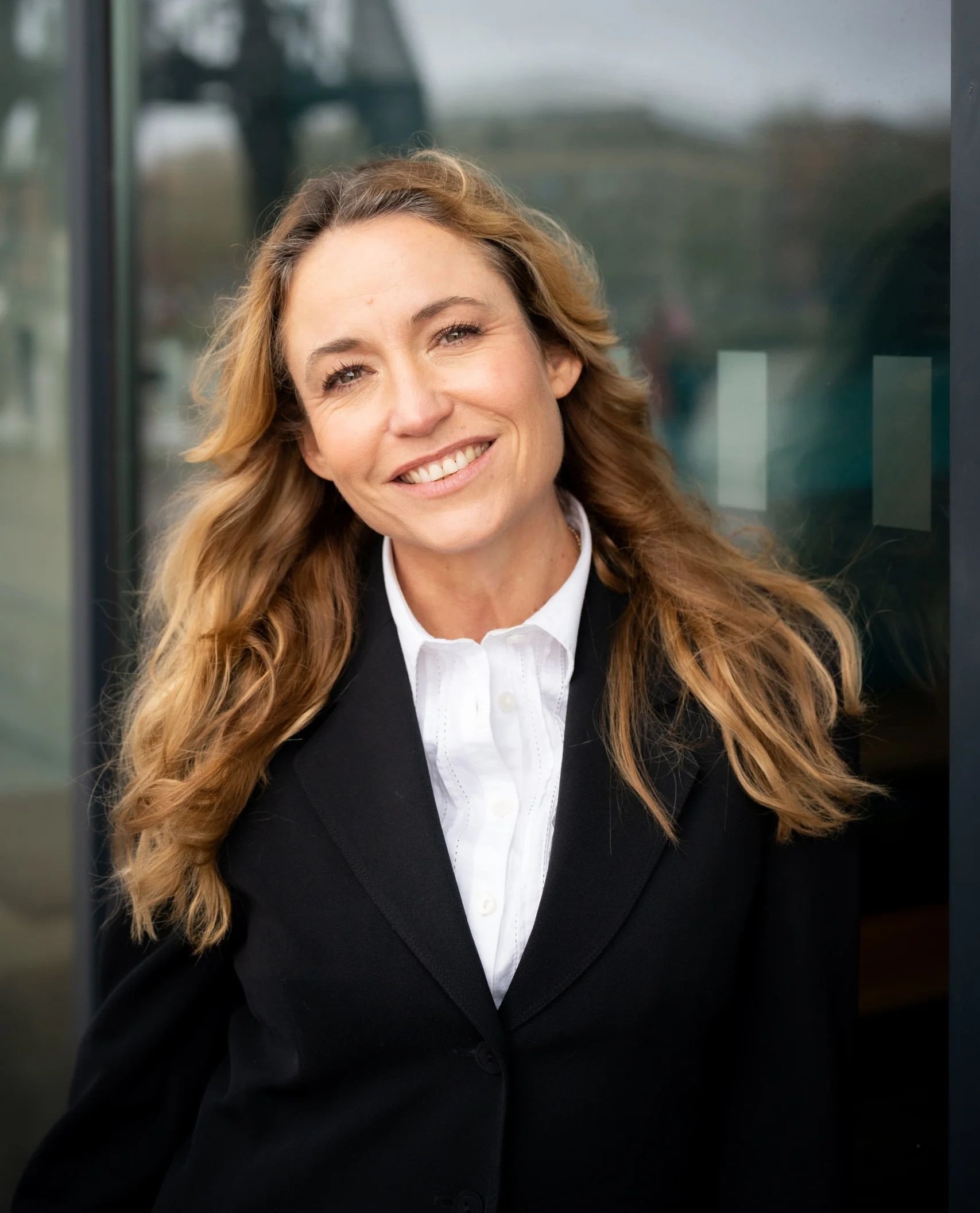
According to the latest Saltus Wealth Index, one in five high-net-worth parents (those with investable assets of £250,000 or more) have changed their child’s education plans since VAT was introduced. Some have sent their children back to state school, others have sought cheaper private schools or moved abroad. One in 20 have had to rely on grandparents or relatives to help their child continue in private school.
It is worth noting that it is not just families in need who are affected. Even those who can afford it are beginning to wonder: Is private school really worth the money, especially when so many other sacrifices are involved?
Saltus’ survey found that many parents are remortgaging their homes, downsizing their living space, cutting back on their pensions or taking on extra work to keep their children educated. Nearly three-quarters of parents admitted they have made or are about to make financial sacrifices because of the new VAT.
But the biggest shock for us wasn’t the tuition, but the hidden costs. Uniforms had to be purchased from a single supplier, the school’s second-hand shop was woefully understocked, and his school jacket cost more than any I’d ever bought for myself.
Holidays were no longer to the local farm – they were to Provence. I was stunned to hear of a skiing and trekking trip to Nepal costing nearly £4,000. Even our children’s birthdays became a race to the bottom, with other parents’ lavish parties making our pizza and sleepovers look tame.
We didn’t expect this “lifestyle escalation” to come so quickly. You may be prepared for the semester’s tuition, but it’s the little things that keep your child from feeling lost in the crowd that are really weighing you down. And it’s hard for any parent to keep saying “no” to their child.
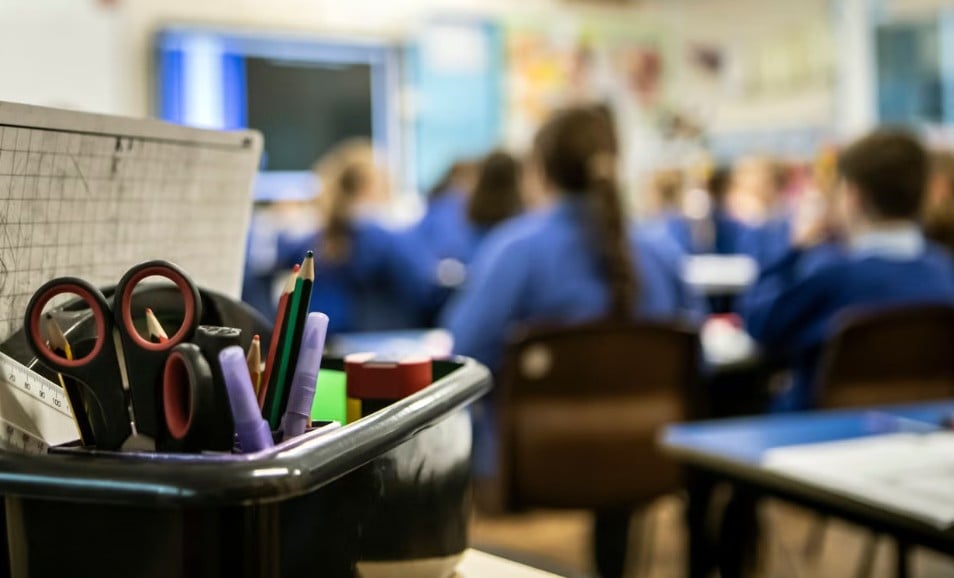
The instinct to prioritize your child’s education is natural, but it’s also fraught with risk. For many families, this is more than they can sustainably afford. Dipping into retirement savings or taking out loans to pay for tuition may make sense in the short term, but it comes at the expense of long-term financial security.
Ironically, parents who try to secure their children’s education today are sacrificing their own financial security tomorrow. The result can be a “boomerang effect” – well-funded children will have to return to support their parents when they no longer have enough money to retire.
In our case, all the sacrifices were worth it. Our daughter is really happy and settled. The decision to change schools was based on need, not ambition. My background in finance and understanding of the system helped a lot.
But for many families, the equation is more complicated: The cost of opportunity sometimes poses a real threat to long-term financial security. And yet, the public education system—despite its good intentions—still falls short of meeting the needs of every child.
And when parents have to choose between their child's mental health and their own financial future, it's a sign that the system is seriously broken.
From January 1, 2025, the British Government officially imposed a 20% VAT on tuition fees of private/independent schools - a group that has been tax-exempt for decades.
The government believes that private education is a “luxury service” that is largely only accessible to the upper class, so they need to “make a more equitable contribution” to the budget, to reinvest in public education.
This new revenue is expected to be used to: Increase salaries and recruit more public school teachers; Improve facilities, reduce class sizes; Support students in difficult circumstances.
According to the UK Treasury, the imposition of VAT would bring in about £460 million a year to the state budget.
Many families with children in private schools say the burden of a 20% increase in fees is too great - equivalent to thousands of pounds a year.
Observers say the story of VAT on private schools in the UK is a “rare socio-political experiment”: It raises the question - is education a basic right or a commodity?
In the UK, the government has chosen to treat private education as a “service” and tax it like a luxury good. But in many other countries, private school tuition fees are still completely exempt from VAT, in order to encourage the socialization of education.
Source: https://vietnamnet.vn/cu-soc-cua-phu-huynh-khi-chuyen-con-tu-truong-cong-sang-truong-tu-de-ne-bat-nat-2453468.html




![[Photo] Parade to celebrate the 50th anniversary of Laos' National Day](/_next/image?url=https%3A%2F%2Fvphoto.vietnam.vn%2Fthumb%2F1200x675%2Fvietnam%2Fresource%2FIMAGE%2F2025%2F12%2F02%2F1764691918289_ndo_br_0-jpg.webp&w=3840&q=75)
![[Photo] Worshiping the Tuyet Son statue - a nearly 400-year-old treasure at Keo Pagoda](/_next/image?url=https%3A%2F%2Fvphoto.vietnam.vn%2Fthumb%2F1200x675%2Fvietnam%2Fresource%2FIMAGE%2F2025%2F12%2F02%2F1764679323086_ndo_br_tempimageomw0hi-4884-jpg.webp&w=3840&q=75)


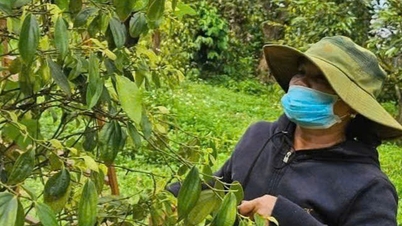








![[Podcast] Purchases over 5 million VND must be transferred to receive VAT deduction](https://vphoto.vietnam.vn/thumb/402x226/vietnam/resource/IMAGE/2025/7/2/e8b73c5c5f5a4cd68db3238bfe659b6a)
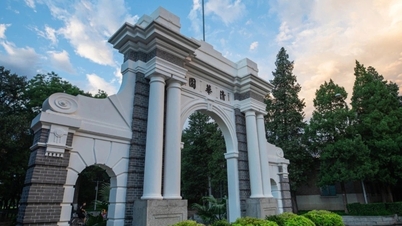















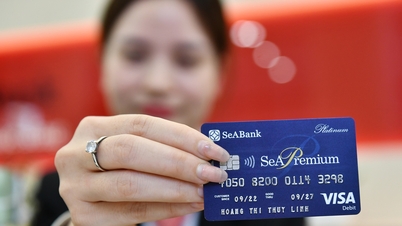

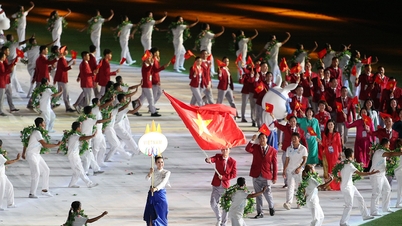

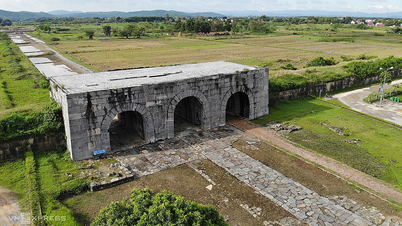




































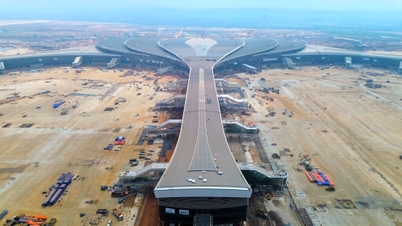



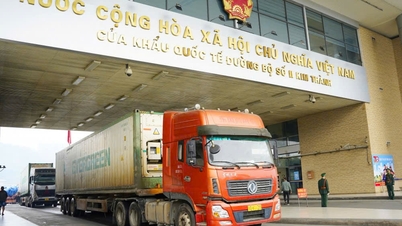

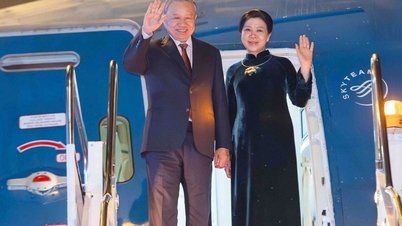

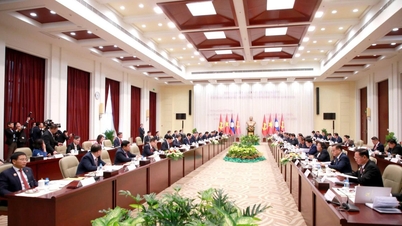

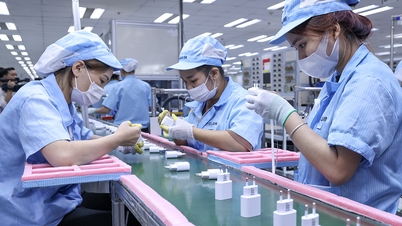


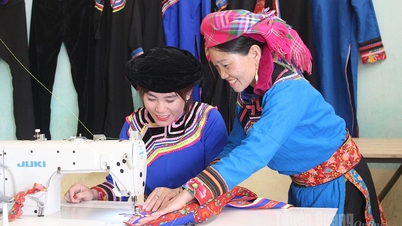



















Comment (0)